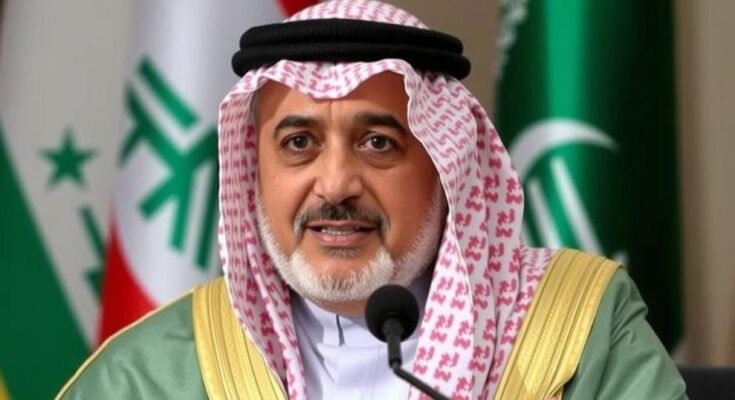Lebanon will extradite Abdul Rahman al-Qaradawi, son of the late cleric Youssef al-Qaradawi, to the UAE after he was detained following critical remarks against Gulf authorities. His lawyer plans to appeal the extradition amid concerns over freedom of expression. The situation reflects ongoing tensions between the rights of individuals and political pressures in the region.
The Lebanese government has announced plans to extradite Abdul Rahman al-Qaradawi, the son of the late esteemed Muslim cleric Youssef al-Qaradawi, to the United Arab Emirates (UAE). This decision came after the caretaker cabinet of Lebanon approved the extradition, following requests from both the UAE and Egypt. Abdul Rahman al-Qaradawi was apprehended in Lebanon on December 28, after returning from Syria, notably after he made critical remarks aimed at the UAE and its regional allies in a public video. His lawyer, Mohammad Sablouh, along with rights organizations, has raised concerns regarding the legitimacy of the extradition based on his right to freedom of expression, arguing that such actions reflect repressive measures by the requesting countries.
Youssef al-Qaradawi was a prominent figure within the Muslim Brotherhood and significantly influenced Islamic discourse in the Middle East. His advocacy for the 2011 Arab Spring and vocal opposition to several Arab regimes drew both a vast following and considerable ire among the authorities in the region. Following his passing in 2022, his legacy continues to impact political dynamics, particularly with his son’s current situation. Abdul Rahman al-Qaradawi’s comments against regional authorities have prompted legal actions against him, reflecting the ongoing tensions regarding freedom of expression in the Middle East.
The decision by Lebanon to extradite Abdul Rahman al-Qaradawi to the UAE raises serious concerns regarding human rights and freedoms within the region. Despite legal efforts to halt the extradition, the potential implications of such actions highlight a complex interplay between national security and individual liberties. As the case unfolds, it will undoubtedly draw significant international attention regarding the treatment of dissenting voices in authoritarian contexts.
Original Source: www.hindustantimes.com




